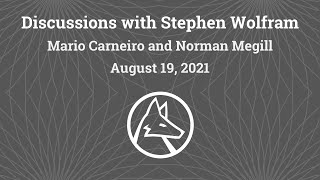Formal languages | Theoretical computer science
Pattern language (formal languages)
In theoretical computer science, a pattern language is a formal language that can be defined as the set of all particular instances of a string of constants and variables. Pattern Languages were introduced by Dana Angluin in the context of machine learning. (Wikipedia).



















